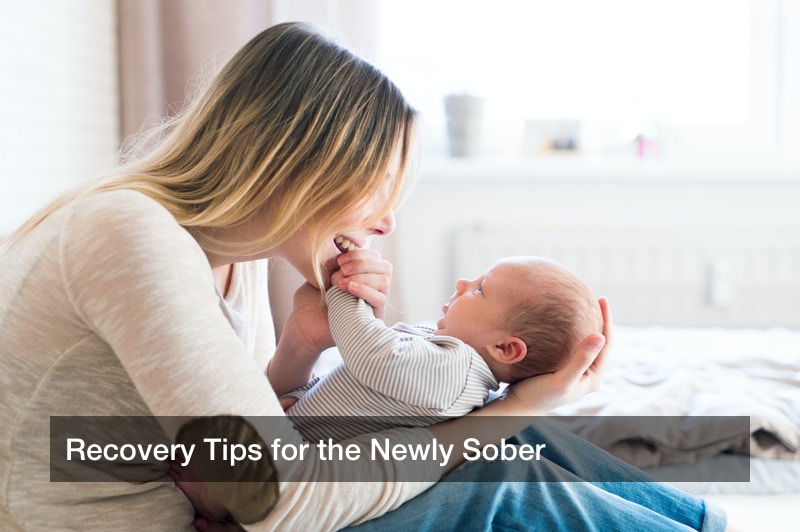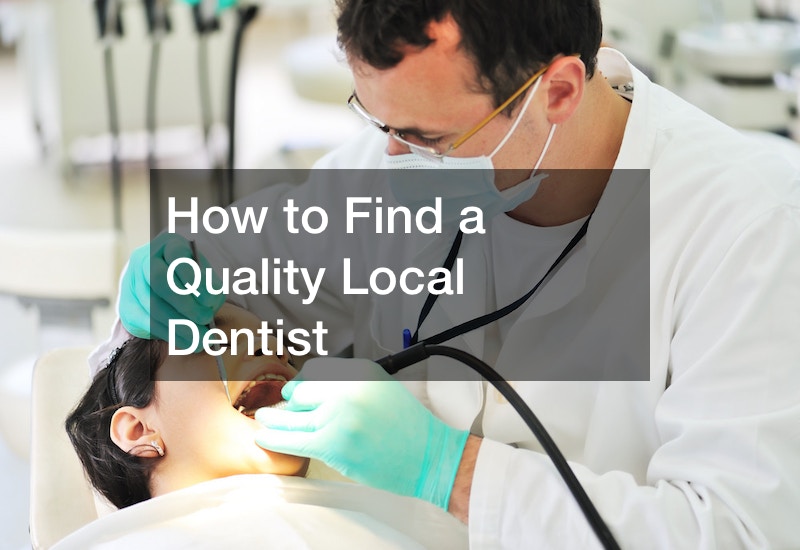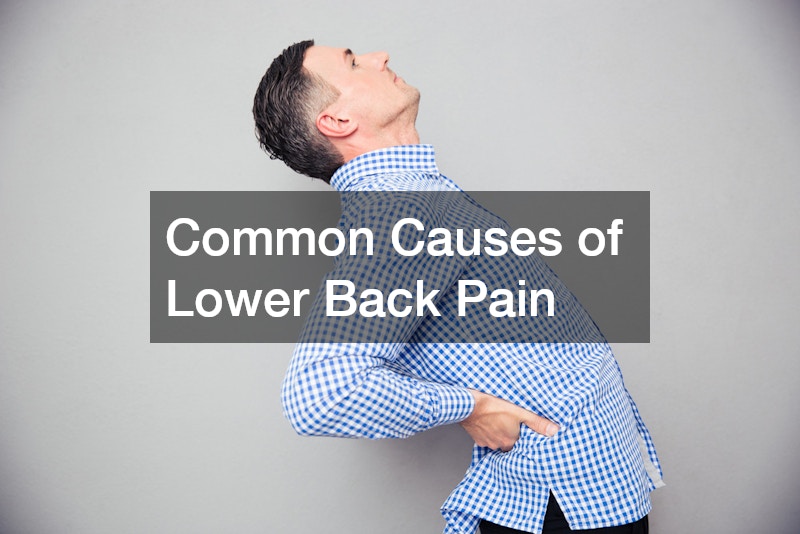
If you or someone you love is in recovery from a substance use disorder, you know what it took to get there, so you will want to do everything in your power to avoid relapse. Having a relapse may be the last thing on your mind in the early stages of recovery, but statistically, they are very common for the newly sober.
A study by the Society for the Study of Addiction estimated that 80% of people in long term recovery experience at least one relapse at some point, while many have had multiple relapses before they were able to find lasting recovery. If you are arrested for possession prior to or during your recovery, a bail bondsmen can provide the necessary funds to have you released from jail prior to your trial.
Many say that the best recovery tips for the newly sober are to attend meetings and not to use. While these recovery tips may work for some, for many recovery is not that simple or straightforward. It will require more than sheer willpower to stay sober and avoid a relapse. You will need additional recovery tips and strategies such as coping with stress, identifying triggers, and managing your life in recovery. These recovery tips will help you to identify triggers and make it much easier to prevent relapse.
Identifying Triggers
One of the most important recovery tips to prevent relapse is to identify and understand your own personal triggers because everyone’s external triggers will be different. People, places, things, and situations that evoke cravings or thoughts related to substance use are considered external triggers.
Internal triggers are thoughts, feelings, or emotions that you associate with substance use. A few common triggers are stress, emotional distress, financial problems, problems with your career, trouble with your relationship, witnessing other people drinking or using drugs, and other environmental triggers that may result in cravings. Once you identify and understand your own personal triggers, you can begin to plan for how you will prepare for them or avoid them entirely.
Recognizing Warning Signs

For those in recovery who experience a relapse, they may feel as if it came out of nowhere and snuck up on them. However, they probably could have prevented it from happening if they recognized the warning signs of a relapse, another one of the most important recovery tips. A relapse actually starts way before you decide to use drugs or alcohol.
The three stages involved in relapse are emotional, mental, and physical. The common warning signs of a relapse are a return to addictive patterns of thinking, thinking less rationally or behaving less responsibly, behaving compulsively or in a self-defeating manner, looking for potential scenarios where other people will be using drugs or alcohol, or considering using alcohol or drugs as an escape from pain. If you are experiencing tooth pain, visit a facility that provides a variety of low-cost dental clinic procedures, such as dental hygiene and dental crown.
Preparing For PAWS
Depending on your type of alcohol or drug dependence, the symptoms of post-acute withdrawal syndrome can last anywhere from six months to two years after you have stopped using alcohol or drugs. This includes a variety of symptoms such as trouble sleeping, irritability, intermittent anxiety, and prolonged depression.
If you do not properly prepare for the symptoms of post-acute withdrawal syndrome, this can be a major roadblock on your path to recovery. Once you are able to recognize these symptoms, it is important to know when you need to seek help. If you are experiencing prolonged or severe symptoms as a result of post-acute withdrawal syndrome, a medical professional or pain management doctor can provide you the help you need to get through them and continue your recovery without relapse.
Avoiding Old Habits and Routines
If you continue your same old routine and habits while in recovery and do not make any changes regarding your circumstances, such as spending time in the same places with the same people, you may be tempted to fall right back into your old habits and harmful behaviors. Some of these changes will be obvious, such as not hanging around drug dealers or old drinking buddies. You might also have to change your daily routine such as your commute from work, home, or apartments to avoid any triggers, such as people, places, or things that give you the urge to use alcohol or drugs.

It’s worth it to adopt new habits and routines to help keep your mind occupied. Working on improving your house can keep you busy. Why not install new countertops or work on installing a residential garage door? Developing new talents can make all the difference.
Developing Healthy Relationships
Once you are in recovery, you may discover that your previous relationships may have been toxic or unhealthy. If these relationships continue, they could contribute to a relapse. For instance, you could have developed a co-dependent relationship and a friend, family member, or employer could have become an enabler without you even realizing it before. A study by the journal Qualitative Health Research found that if a newly sober individual maintains old toxic and unhealthy relationships, their chances of relapse increase.
If you are struggling to develop new relationships or find new friends, participating in a support group is a great option that comes with many additional benefits other than social support, such as developing coping skills, reducing symptoms of depression, enhancing your motivation, and improving your overall psychological health.
Alcoholics Anonymous and Narcotics Anonymous are two support groups that will help you to build a support network. You can attend multiple meetings with different groups until you are able to find one that is right for you. There are also multiple smartphone apps that provide those in recovery with the opportunity to connect with others undergoing the same experience. In addition to providing support, these apps can immediately provide you with help from a support network and help you find a local support group meeting. You can also contact your local drug rehab center for more information.
Spending time with supportive friends and loved ones will help you avoid situations in which you would have previously used drugs or alcohol and develop a new healthy lifestyle. One of most important recovery tips for the newly sober is to develop and maintain healthy relationships.
Developing a Schedule
A disorganized or disorderly lifestyle could be a huge hindrance to your recovery. For the newly sober, it is crucial to develop a structured schedule and maintain it. Whether you have a daily or weekly schedule, it will provide structure in your life and help you pursue your other goals. These goals can be in the short term, such as not being late for work, or in the long term, such as changing careers or going back to school. Recovery should always be your number one priority, but having and pursuing additional goals can help you along the way.
Staying Healthy
Using alcohol and drugs for a number of years has a major detrimental effect on your physical and emotional health. Once you are in recovery, your health should be a priority. In fact, 55% of all Americans are deeply concerned about their health. Focusing on your health and self care is one of the most important recovery tips to help you stay sober. This includes exercising often, eating a well balanced diet, and getting plenty of sleep. Exercise releases chemicals in the brain called endorphins which can be especially beneficial during recovery. Other self care tips include practicing relaxation techniques, such as yoga or mindfulness meditation, as well as finding time for fun, such as hobbies and recreational activities.
Focusing on Finances

People in recovery from a substance use disorder typically struggle with fulfilling their responsibilities for work, maintaining employment, and managing their finances. In addition, if you suffered from a substance use disorder for many years, you likely have developed a few financial troubles. Unfortunately, these financial problems and issues related to employment can trigger a relapse. Getting your finances in order will be an incremental process, so take your time and be patient.
If you need help getting your life back on track, think about contacting a vocational rehabilitation counselor, who can provide life coaching. This includes helping you with your resume, practicing job interview skills, and help in locating jobs that coincide with your skills and experience. After you are able to return to work and maintain a steady job, you can start creating a budget and taking steps to prevent work-related stress from triggering you into relapse.
Remaining Calm
Many people who have suffered from a substance use disorder also struggle with anger management. In certain situations, anger can be a completely natural and normal emotion to feel, but how you cope with these feelings will make the difference in sustaining a healthy recovery. If you are not able to cope with feelings of anger, they can impede the progress you have made on your sobriety. If you have struggled with a substance use disorder and anger management, the solution is simply to learn the appropriate methods of managing your anger. You can talk to your healthcare provider, therapist, or sponsor about the best ways to deal with your anger that will not cause harm to yourself or others and most importantly, not turn to alcohol or drugs.
Dealing with Mistakes
Many people in recovery are harboring feelings of intense pain and suffering due to their past. However, feelings of shame or guilt for past mistakes involving addiction are completely normal. Shame refers to negative feelings or beliefs about yourself and self-worth. Guilt refers to negative feelings about your past behavior. Those suffering from a substance use disorder can experience feelings of shame for simply having the disorder in the first place. However, if these feelings become overbearing, they can impede the progress you have made on your recovery. If you do not properly deal with these feelings and allow them to get worse, they can become toxic and cause a relapse. Rely on an injury attorney for legal tips and a counselor to get you back on track.
Those with a substance use disorder who have found recovery usually discover that they have emotionally hurt loved ones and friends. If you feel regret about these past decisions, one of the most crucial recovery tips is to amend these relationships. Counseling or family therapy can help you deal with these personal issues. Learning from your past mistakes instead of trying to simply forget them will help you put them behind you and start to live a more responsible and sober life.
Finding Balance
Those that are new to alcohol or drug recovery sometimes make the common mistake of substituting another compulsive behavior or addiction in place of the old one. No matter the behavior, such as a new diet or exercise routine, participation in support groups, or even your career, whether you are a great eye doctor or injury attorney, it is not advisable to approach these activities with a compulsiveness similar to addictive behavior. While these new activities may be productive and healthy behaviors, they can impede recovery progress if they are approached through similar compulsive behavior to fill the void left by your original addiction.

As you regain control of your life and your choices during recovery, the key is to find a healthy balance. One of the most important recovery tips is to realize that you have the ability to make choices and control your life. If there is an aspect of your life that is not in your control, it will not help you maintain your sobriety.
Celebrating Milestones
If you are already involved in the 12 step program, you probably are aware of how milestones are emphasized to aid in your recovery. In most 12 step programs, plastic chips are customarily handed out to mark your progress. At the one year mark, bronze coins are generally awarded. It is important to acknowledge and celebrate this hard work involved in recovery, which will help keep you motivated and remind you why you begin the journey of sobriety in the first place. Instead of thinking about alcohol or drugs as a reward, think about other activities and experiences that will help you grow and maintain your new healthy lifestyle.



